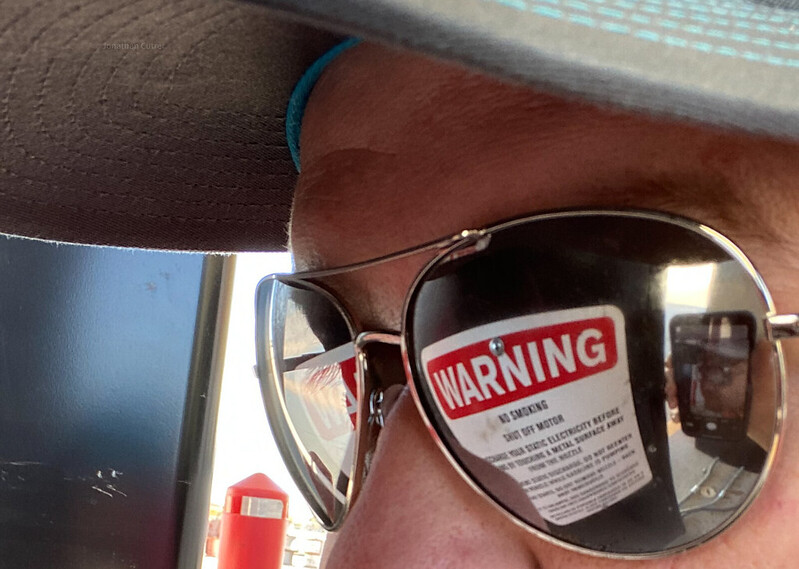
The FDA regularly sends warning letters to flag all sorts of violations. Problems found at drug manufacturing facilities are common triggers for these regulatory notifications. So are marketing infractions. This past week marked a warning letter first. The agency sent one about gummies.
The letter was sent to VPR Brands, which does business under the name Krave Nic. The company makes nicotine gummies in various flavors that are intended for adults who smoke. The FDA’s concern is that these products resemble candy and pose the risk of nicotine toxicity to children. Each gummy contains 1 mg of nicotine. According to the FDA, research indicates that ingesting 1 to 4 mg of nicotine can be toxic to children younger than 6, depending on body weight. The FDA also notes the addictive effect that nicotine can have on a young and developing brain.
Krave Nic describes its gummies as tobacco-free products that “empower adult smokers with the tools to use nicotine on their own terms.” But the FDA letter tells the company that a “tobacco product” as defined by the law need not contain tobacco. The letter explains that President Biden signed legislation in March amending the Food Drug & Cosmetics Act to extend FDA jurisdiction to products that contain nicotine from any source.
Krave Nic has 15 business days from the Aug. 18 letter to send a written response explaining how it intends to comply with the law. The company already has taken at least one step. Its website now says its product is discontinued.
Here’s a look at other regulatory developments from the past week:
—Oncopeptides drug Pepaxti won European Commission approval for the treatment of relapsed multiple myeloma. The FDA approved the peptide drug early last year, and it was available in the U.S. briefly under the name Pepaxto. Last summer, the FDA issued an alert warning that a clinical trial found an increased risk of death associated with the drug. Stockholm-based Oncopeptides initially notified the U.S. agency that it would voluntarily withdraw the drug, then later rescinded that letter. In March, Oncopeptides said it will stop marketing the drug in the U.S. until “a mutual understanding on how to interpret the data has been reached with the FDA.”
—A Cara Therapeutics drug that treats the severe itching, called pruritus, associated with chronic kidney disease was approved in Switzerland, where it will be marketed under the name Kapruvia. The peptide drug won FDA approval last year and is marketed in the U.S. under the name Korsuva. Stamford, Connecticut-based Cara said it expects regulatory decisions for the drug in Australia and Singapore by the end of this year.
—Bayer’s contraceptive Mirena, an intrauterine device (IUD), won FDA approval to expand the long-acting product’s use from seven years to eight years. The product’s 2000 regulatory nod made it the first hormonal IUD approved for use in the U.S.
—Hearing aids are about to become a lot more accessible to consumers. The FDA finalized a new rule that establishes a new category of over-the-counter hearing aids for those with mild to moderate hearing impairment. Hearing experts told MedCity News that the regulatory move will expand patient access to hearing care.
—Beta thalassemia, which is currently treated with regular blood transfusions, now has an FDA-approved gene therapy intended to be a one-time treatment. Following FDA approval of the therapy, named Zynteglo, Somerville, Massachusetts-based Bluebird Bio set a $2.8 million price. But the biotech also unveiled an outcomes-based reimbursement strategy under which it will refund up to 80% of the drug’s cost if patients don’t achieve transfusion independence.
—The FDA lifted a partial clinical hold placed on a lymphoma study testing Curis drug emavusertib. But the partial hold on a test of the same drug in leukemia is still in place. Both holds were placed following a patient death in the leukemia study. Curis said that it has a strategy to monitor and manage a potentially fatal side effect associated with its drug.
—The millions of patients suffering from depression have a new FDA-approved treatment that’s designed to work faster. Many of the currently available depression drugs can take six weeks or more to startup working. The now approved Axsome Therapeutics drug, Auvelity, starts working within one week.
Public domain image by Flickr user Jonathan Cutrer












